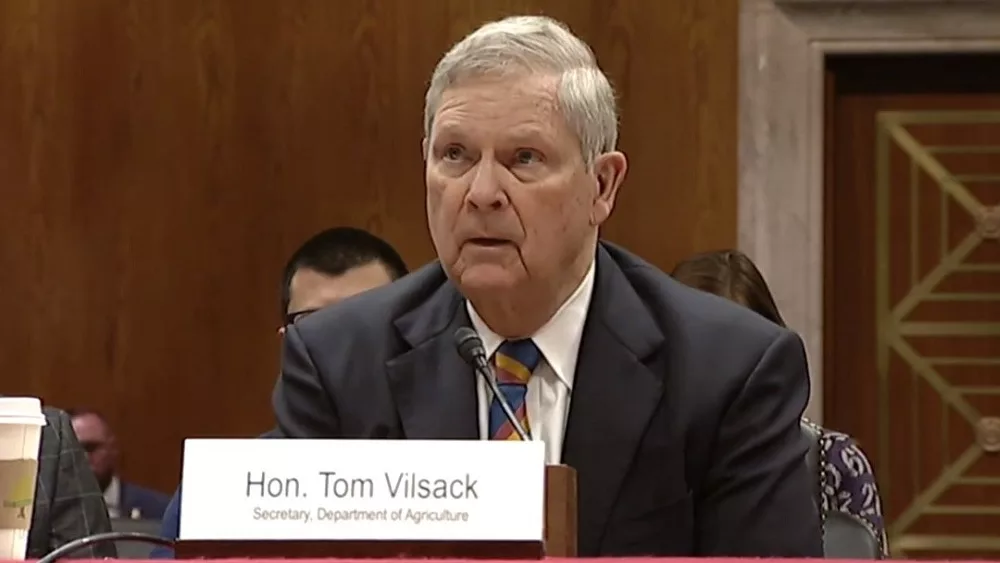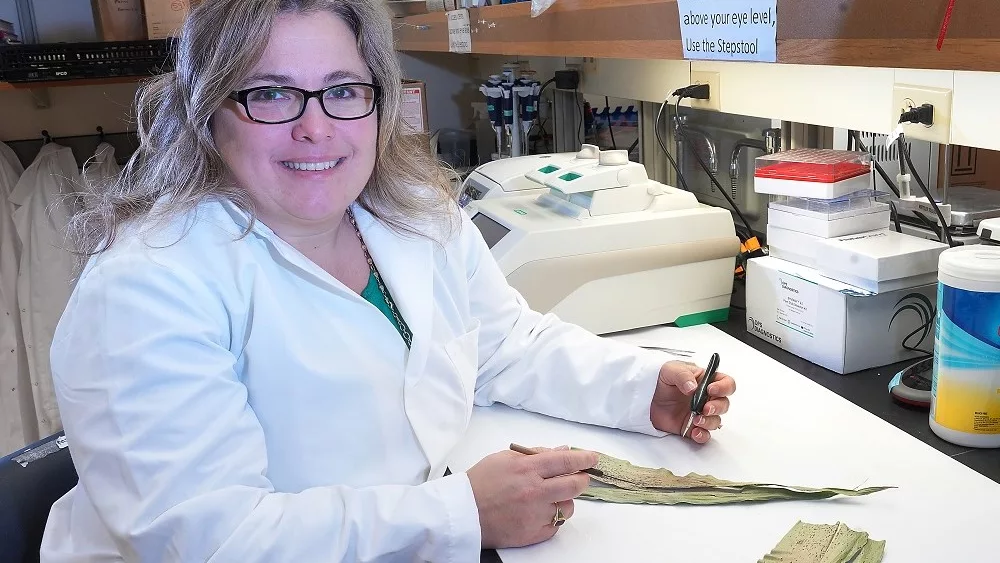The Senate Appropriations Committee this week passed Senate Bill 494, legislation to continue the Michigan Agriculture Environmental Assurance Program (MAEAP) and renew the fertilizer and pesticide fees paid by farmers and agribusinesses to support the program.
Last considered by the Senate Agriculture Committee in June, the Legislature must act promptly to move the bill through the full Senate and House — with 11 scheduled session days remaining — before the current law governing the program expires on Dec. 31.
Started in 1998, the voluntary program helps farmers adopt cost-effective practices to reduce erosion and runoff into ponds, streams, and rivers.
Currently, the program has awarded 5,842 verifications to producers who have completed the program and implemented the recommended conservation practices.
Michigan Farm Bureau (MFB) says it supports the amended version of the legislation, which aligns with the organization’s member-driven policy.
“Our members’ priorities for MAEAP remain intact within the substitute version of the bill,” said MFB Legislative Counsel Rebecca Park. “The bill renews the program for another four years, MAEAP remains voluntary and statewide, and there are no new or increased fees.”
Laura Campbell, MFB’s senior conservation and regulatory relations specialist, added that while the substitute bill doesn’t modify the Agriculture Pollution Prevention Fund like originally drafted, the underlying objective was achieved: identify a separate funding source — outside of dedicated MAEAP appropriations — for areas of the state needing additional focus on non-point source pollution prevention.
“We recently supported the $25 million included in the 2022-23 state budget to establish a new, voluntary Agriculture Nutrient Best Management Practices program targeted at improving water quality in the Western Lake Erie Basin,” Campbell said. “This will include cost share opportunities and grants to help farmers implement conservation practices in more sensitive watersheds, without detracting from statewide MAEAP efforts.”
Senate Bill 494 now awaits a vote by the full 38-member Senate.





